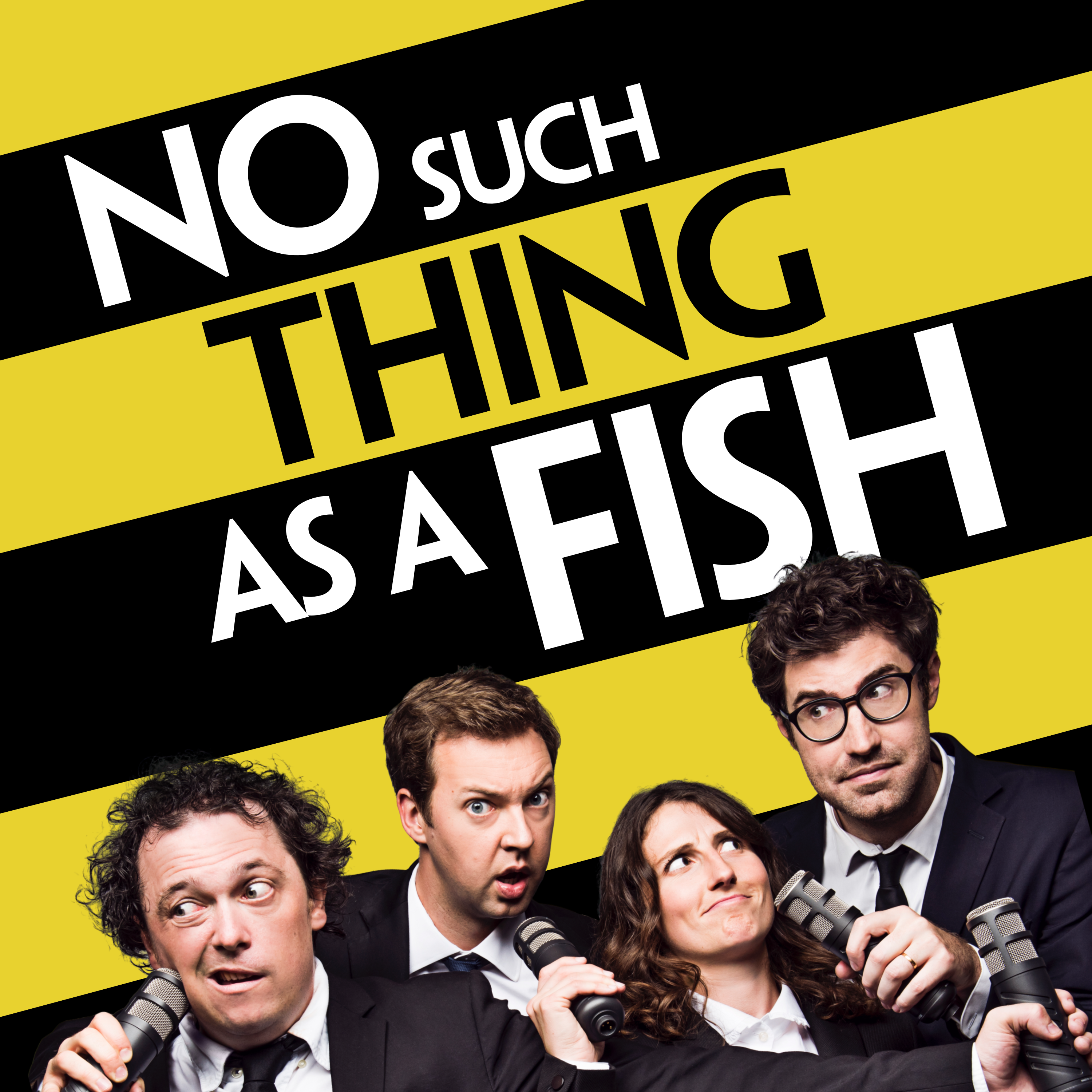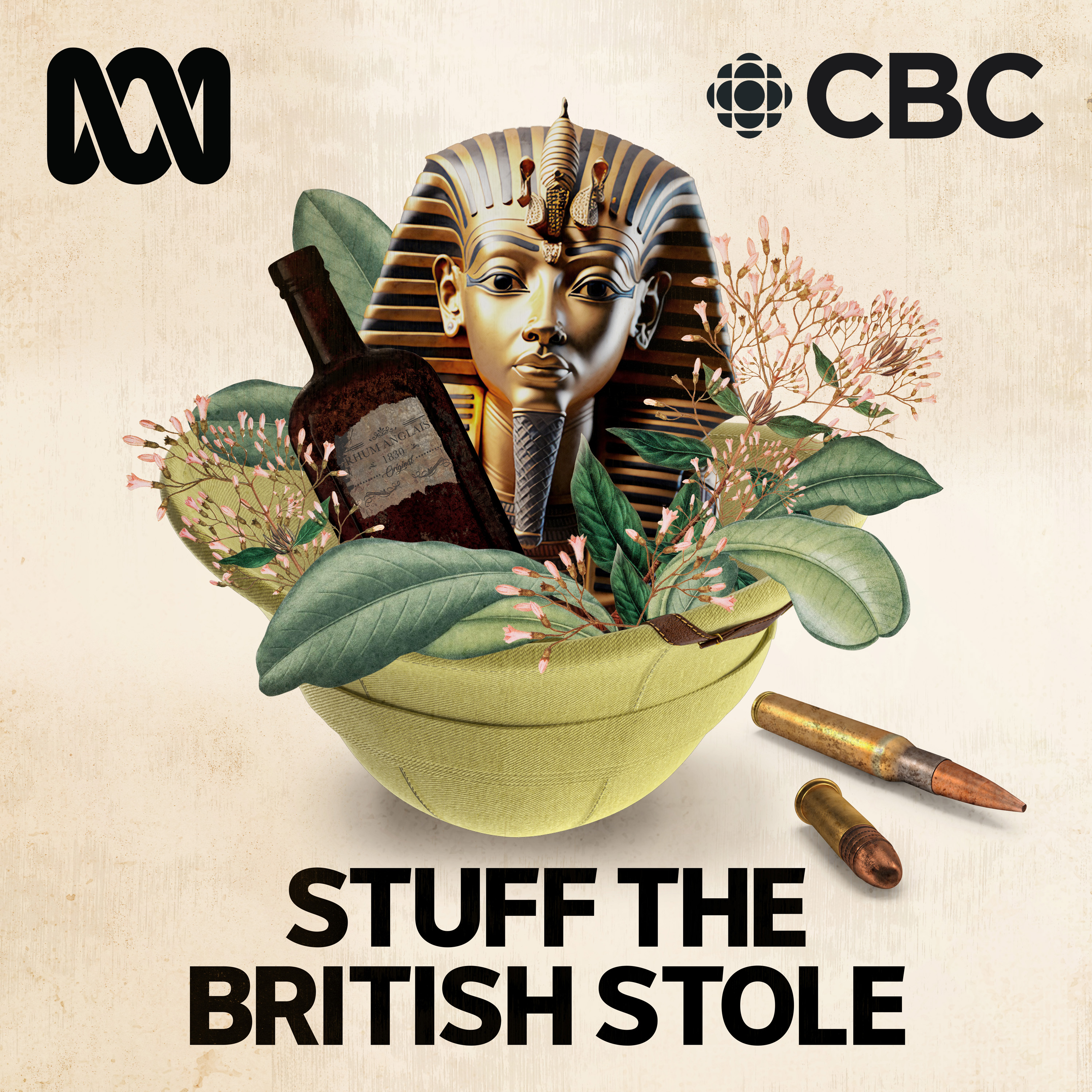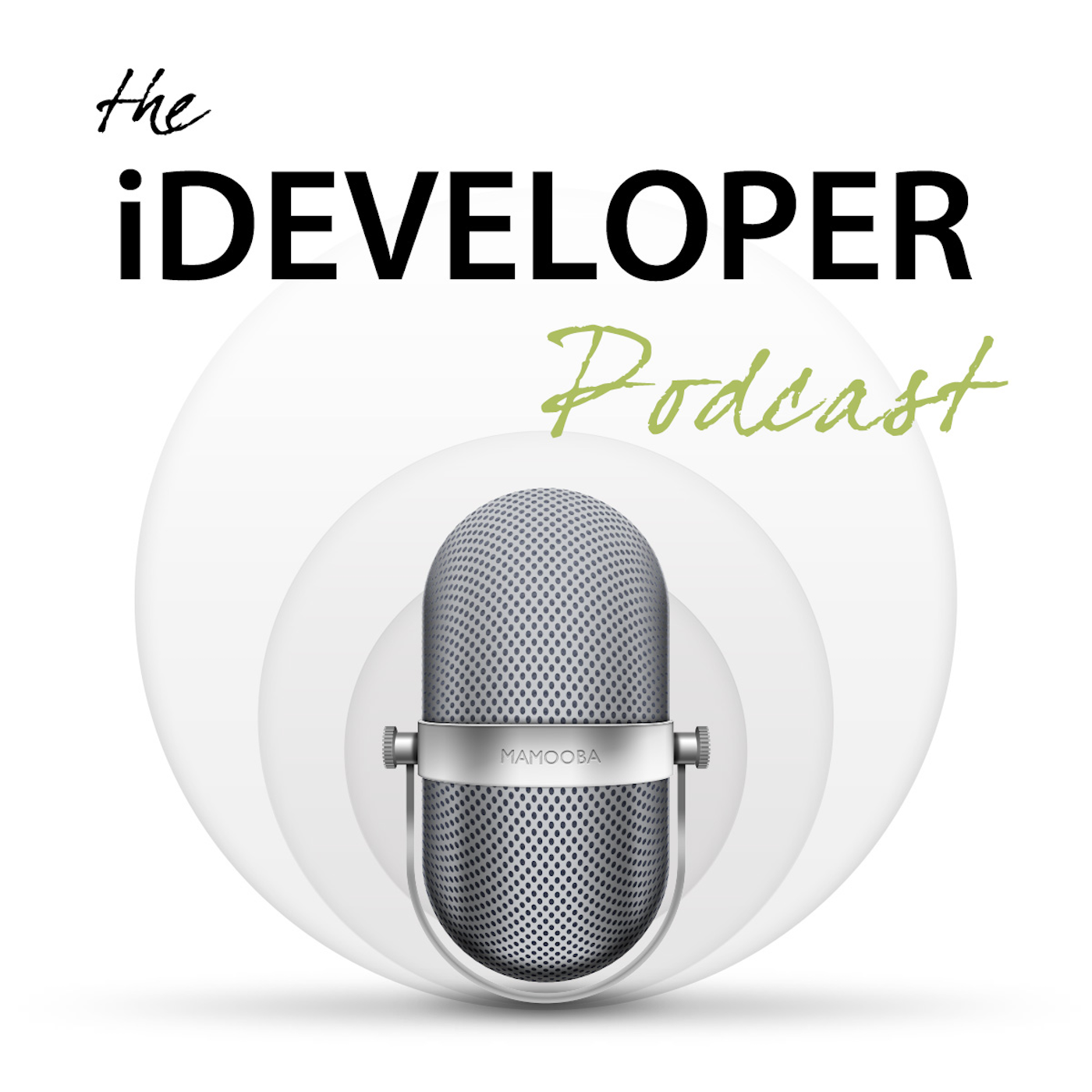
Piano, finally
Piano Finally is a podcast by an old bloke who is learning the piano, finally. I cover the process of learning the piano and music theory as an adult learner. I also review piano books, hardware and other materials from an adult learner's perspective.
Piano, finally
Episode 31 - Practice is Weird
Use Left/Right to seek, Home/End to jump to start or end. Hold shift to jump forward or backward.
In this episode of Piano, Finally, host David Reidy dives into the quirks and challenges of piano practice, sharing his ongoing journey as a late piano learner. David kicks off with reflections on the National Chopin Piano Competition in Miami, discussing the incredible dedication of the finalists and the nuances in their interpretations. He praises the Chopin Podcast's Ben Laude for his insightful contestant interviews, which shed light on the intense preparation behind performances.
David then shares his latest podcast recommendation, We Can Be Weirdos, hosted by Dan Schreiber. Though not primarily focused on music, David highlights episodes where music becomes a central theme, such as conversations with British band Bastille's Dan Smith and 90s star Peter Andre.
The heart of the episode, however, is David's essay on the "weirdness" of piano practice. He reflects on the long hours spent repeating small sections of music to reach fluency and the strange phenomenon of making more mistakes after multiple playthroughs. To keep his practice fresh, David experiments with structuring his sessions around different pieces, from scales to repertoire, and shares his ongoing quest for the "perfect" practice routine.
David also provides an in-depth review of his evolving home studio setup, which now includes a versatile Arturia Keylab Mk3 MIDI controller and an extensive suite of virtual instruments. He discusses the value of having dedicated tools for composition and sound design and how these additions inspire him to keep experimenting and composing.
Finally, David updates listeners on his progress, playing recordings of his current repertoire pieces, including Bagatelle in F by Daniel Gottlob Türk and Afternoon Snooze by Andrew Craggs. He details his improvements and the areas he’s still working to refine.
Whether you're an advanced musician or just beginning your musical journey, this episode is a relatable exploration of the ups and downs of practice, with plenty of thoughtful insights and practical takeaways.
Join David for another week of progress, inspiration, and musical discovery—perfect for anyone finding their own rhythm at the piano.
https://www.arturia.com/products/hybrid-synths/keylab-mk3/overview
https://mackie.com/en/products/studio-monitoring/big-knob-series/big_knob_passive.html
https://www.turramusic.com.au/
https://carlingfordmusic.com.au/
You can contact me:
- via email at david@pianofinally.show; this is probably the best option
- the show website, www.pianofinally.show
- Instagram and Threads @pianofinally
- and on YouTube
- all the podcast directories - list
- here's the RSS feed
Some of the links to books and other items mentioned in the podcast may affiliate links for Amazon or other providers. If you use one of these links, a commission may be paid to me at no additional cost to you. Thank you if you use a link.
All reviews of products, websites and services are unpaid, and no sponsorship has been received for any content on this podcast.



Speaker 1 (00:00):
Good day everyone. I'm David Re1dy. Welcome to Piano. Finally, a podcast by an old bloke who's getting around to learning the piano. Finally, welcome to show 31. I really appreciate you taking the time to listen. This is your first time hearing the podcast. I hope you enjoyed the episode. If you're a returning listener, then thank you very much for coming back. Let me know if you are learning the piano or another musical instrument and how you're going with it. You can contact me at David at piano. Finally show the National Chopin Piano Competition in Miami has reached the finals. I watched the first of the final concerts today, the second half and the announcement of the places will be tomorrow morning. That's Monday in Australia. I've been watching many of the live streams and of caught up on some of the other performances from the recordings and have been enjoying the different approaches that the contestants have made to some of the pieces.
(01:02)
In the first round, I picked my two favourites to take out the title, both made it to the Semifinals and one is through to the finals. Given my record of not picking the winner of the Gina Bachauer competition last year, I'm not going to say who I've picked before. It's announced. I'll let you know next week how much the highly experienced judges and the highly inexperienced me agree. Ben Laude of the Chopin podcast is hosting the live streams and interviews with the contestants and this has quickly become my favourite part. He is a pianist himself and has played many of the pieces in the competition. So the way he's able to talk with the contestants about their approach to the music and why they chose the peaches they did is really good. It has led to some fascinating discussions and he has a real rapport with the other pianists. The format is very casual and lets the contestants speak quite openly about how their performance went and even about the spots they may have messed up. Even though the competition may now be over, it's worth having a watch of some of the recordings and especially the chats during the intermissions and after each round.
(02:17)
This week's podcast recommendation is for a show that I've been listening to since it began is Dan Schreiber. We Can Be Weirdos. The show generally isn't about music, it's about Dan talking to people who hold what might be described as weird beliefs. Dan is very nonjudgmental and the discussions range widely across lots of different topics. So why am I recommending it on a music podcast? Because music keeps coming up in the episodes for some background, Dan Schreiber is an Australian podcaster living in Margate who's perhaps better known for being part of the no such thing as a Phish podcast. He grew up in the same area I grew up in, although a of decades later so many of the stories he tells about his life resonate with me. The latest episode number 79 has Dan Smith, the lead vocalist and songwriter from the British Band Bastille, talking about his life, how he writes his songs and about the music industry in general.
(03:18)
It's a great chat and a bit less weird than the typical episode as Dan Smith doesn't believe much that it is paranormal. It's well worth a listen, but be aware that episodes of we can be weirdos. Always start with a strong language warning. If you really want a blast from the musical past and episode 60, Dan talks with Peter Andre, who had international success with his songs in the 1990s. Again, it's an excellent episode that looks at aspects of the music industry and the life of rock stars from a very different perspective than normally seen. If you want to listen to a podcast that is far from predictable Give, we can be weirdos a try. A bit of an update from the rest is history podcast I mentioned in last week's episode, the two musical episodes they did at the end of 2024 won't be their last. They'll be recording two more this time on Tchaikovsky and Wagner at the Royal Albert Hall in May and releasing them on the show afterwards.
(04:21)
Practise is weird. I think we all know that most of what is done at the piano is practising watching the competitors in the Chopan competition talk about their preparations for the competition shows this clearly a performance that runs for 50 minutes comes at the end of months of practise with some of the competitors admitting to spending five or six hours a day practising their playing as a percentage. This means that actually playing music for others is way less than 1% at the time at the piano, and it seems like this is the case whether you're just starting out or are an accomplished pianist, I guess there might be some pianists who get to spend a grade proportion playing for others. Accompanists or piano lands, musicians, but they'll be in the minority. So practise is important and at the moment if I'm not working through a course, that's what I'm doing at the piano practising .
(05:15)
I've been trying to come up with a practise programme that I'm happy with and so far I haven't managed to come up with a plan that checks all the boxes I've been concentrating on the pieces that I've been learning. These have been increasing in difficulty from the very simple music in the Dennis Gay book to the more interesting pieces from the Anker repertoire. Practising them has certainly advanced my playing, although there's still a way to go and there are lots of pieces that I want to learn as my level increases. I've noticed something that happens as I get further along in the piece. I start with a score and no idea of what it sounds like unless Devy plays it for me. I'm not at the stage yet where I can look at a written score and turn it into music in my head. I dunno if I'll ever get there.
(06:00)
I can follow along with the score as someone else plays. Now something that has improved since I started learning, so perhaps eventually I'll be able to turn notation into music without an instrument. The first step is to pick out the notes. I can manage that and then I'll come back a second time and do it again with the correct rhythm very slowly. Of course, this is done with each hand separately and the left hand always takes longer than the right Once I'm happy that I've got an idea of what everything should sound like, I'll move into practise mode proper. I break the piece into smaller chunks, four to six bars, and start working on getting fluent with that section each hand and then hands together. After enough time, I'll get through all the broken up parts and then join them together. At this stage, everything is still very slow and although it's now mostly from memory, I'm still using the score a fair bit.
(06:53)
Now comes the weird part. As I get better at the piece, putting the dynamics and articulation into my playing, I find that I can usually play it without a problem once or twice, but past that, I start making mistakes with the Fritz Spindler can and I have been working on. I can play it straight through twice. If I try a third time, I'm likely to make a mistake with transposing notes or forgetting an articulation and it doesn't get better. With a fourth playing, if I go away, work on something else for a while and return, I can play it properly again. Does this happen to everyone else? It means that I've structured my current practise to do the pieces I'm happy with twice before doing some scales and working on the new piece. I'm sure there must be a better way, but I'm still exploring ideas. Let me know if you have any tips or tricks.
(07:50)
This week I'm going to have a look at the new equipment I have acquired to help me learn a bit more about composing and sound design. I could have done all this with the equipment I already have, but it's not ideal for the job and there were all those sales after Christmas. One of the pieces that you really need is a MIDI keyboard, and although my Kauai NV 10 and the Roland FP 90 X have MIDI output, neither is really designed for that as their major function. Keyboards that are used for sound design seem to have a lot more knobs and sliders than digital pianos. And so I started investigating. I bought Guy Mitchell Moore's composition course bundle and noticed that he uses a MIDI keyboard from Arturia when he's teaching. I had a look online and it happened to be the new MK three Arturia Key Lab keyboards were being discounted including at the stores I normally buy from.
(08:44)
So I decided that I would pick one up if I could make it fit into my music space. The UIA keyboards come in two sizes, a four octave 49 key version and a five octave 61 key version. The 61 key version fits nicely on the table. I have to the side of the piano, and so I went with that one. There are also two versions, the full version and a cut down essentials version. I didn't get the essentials. Of course, a MIDI controller doesn't make any sound. It has to go through software. The M four Pro Mac Mini is quite capable of handing the demands of the music software. It just needs some actual software. Auria keyboards come with quite an extensive collection of virtual instruments both classical and contemporary. Auria has made its name by emulating synthesisers and a huge number of these are included with the keyboard.
(09:37)
The nice part about that is that Auria has already done the work of mapping the controls on the keyboard to the virtual controls in the virtual instrument, so the sliders and knobs act like they do on the real devices. Although there are a lot of electronic instruments emulated, there aren't so many orchestral instruments. The composition courses are based around film and television scoring, so some form of orchestral sampling is needed. Fortuitously Museo has released an extensive collection of orchestral instruments at quite a reasonable price and with a further discount for teachers. So I have a subscription to that service ready to go when I get to the composition course. I've only had a brief look at the Museo software so far, but there's a huge amount of stuff in there and it's not just orchestral instruments. In the island pack, there are elin pipes, one of my favourite instruments.
(10:29)
I quite like Irish music. I think you could lose yourself there for months trying everything out. The sound of the computer goes to a set of JBL MK two speakers with a matching subwoofer. You might be wondering why I don't use the same speakers as I use for the piano. It's because I'm facing in a different direction when using the arturia and the computer and it sounded weird having all the sound coming from my right side. So a second set of speakers behind the computer monitor does the job. I use a Mackey big knob passive controller to switch between the pairs of speakers. Honestly, it's all a bit of overkill. I'm having fun playing with the new equipment and that's inspiring me to keep the practise up and continuing to learn new things. So I think it's worth it. I'll put non-affiliate links in the show notes for the equipment I've mentioned and at the shops I buy from in the Sydney area. If you're not in Sydney, please support your local music retailer rather than an online or big box retailer. We need a strong local music scene. Next week I'll talk about the equipment that I'm using to produce the podcast.
(11:41)
Well, that's it for this week. If you'd like to contact me, email is the best way You'll find me at david@pianofinally.show and the website at www.pianofinally.show. In both cases, pianofinally is all one word. The show is also on Facebook and Instagram and available as audio only on YouTube. You can subscribe via any popular iOS or Android podcast application or from directory such as Apple Podcasts, Spotify, or YouTube, Spotify. I also post an excerpt and a link to each episode as an Instagram reel if you're learning an instrument. Let me know where you are in your journey, what's going well and what are the challenges, and so until the next episode, I hope your piano stays in tune and you enjoy your time at the Keys.
(12:37)
I'm going to include two pieces in this week's progress. I'm retiring the Fritz Spindler cannon from the progress recordings. Not much is changing from week to week, and I'm spending more time on the bag of Tell and the Andrew Craigs piece, so I'll just include them. So the first piece is the bag of tail in F by Daniel got Lob Turk. It's a list B piece in the Anker book. It's almost even an at the right tempo. It's time to start concentrating more on the dynamics and the articulation. The second piece is Afternoon Snooze by Andrew Crags. It's from the Anka preparatory list C. It's only the first six bars, but it's both hands together. The right hand is working well. I've moved on some concentrating on getting the left hand chords working smoothly and keeping the tempo even. All the recordings were made using the Kauai NV 10 as the keyboard and piano tech eight. Running on the M4 Pro Mac Mini Piano Tech is set to the Shiguru Kauai SK-EX in player mode.
Podcasts we love
Check out these other fine podcasts recommended by us, not an algorithm.

Connected
Relay
Upgrade
Relay
No Such Thing As A Fish
No Such Thing As A Fish
We Can Be Weirdos
Global
Stuff The British Stole
ABC and CBC
The iDeveloper Podcast
Steve Scott (Scotty) & John FoxRaven On: A Pop Culture Podcast
Natalie Bochenski & Stuart Layt
Smart Enough to Know Better
Dan Beeston & Greg Wah
TopMusic Piano Podcast
Tim Topham
The Chopin Podcast
Garrick Ohlsson and Ben Laude
